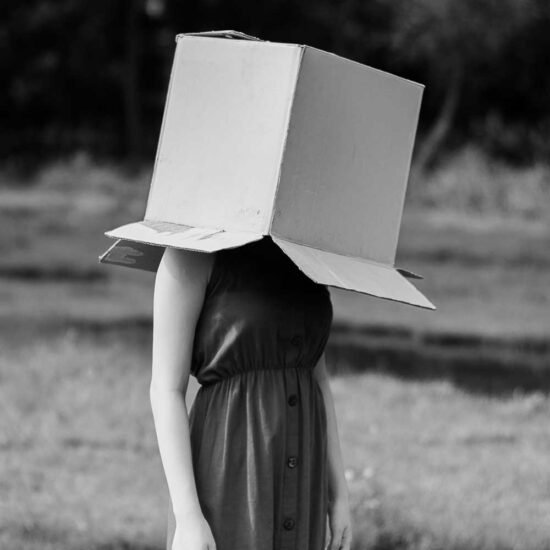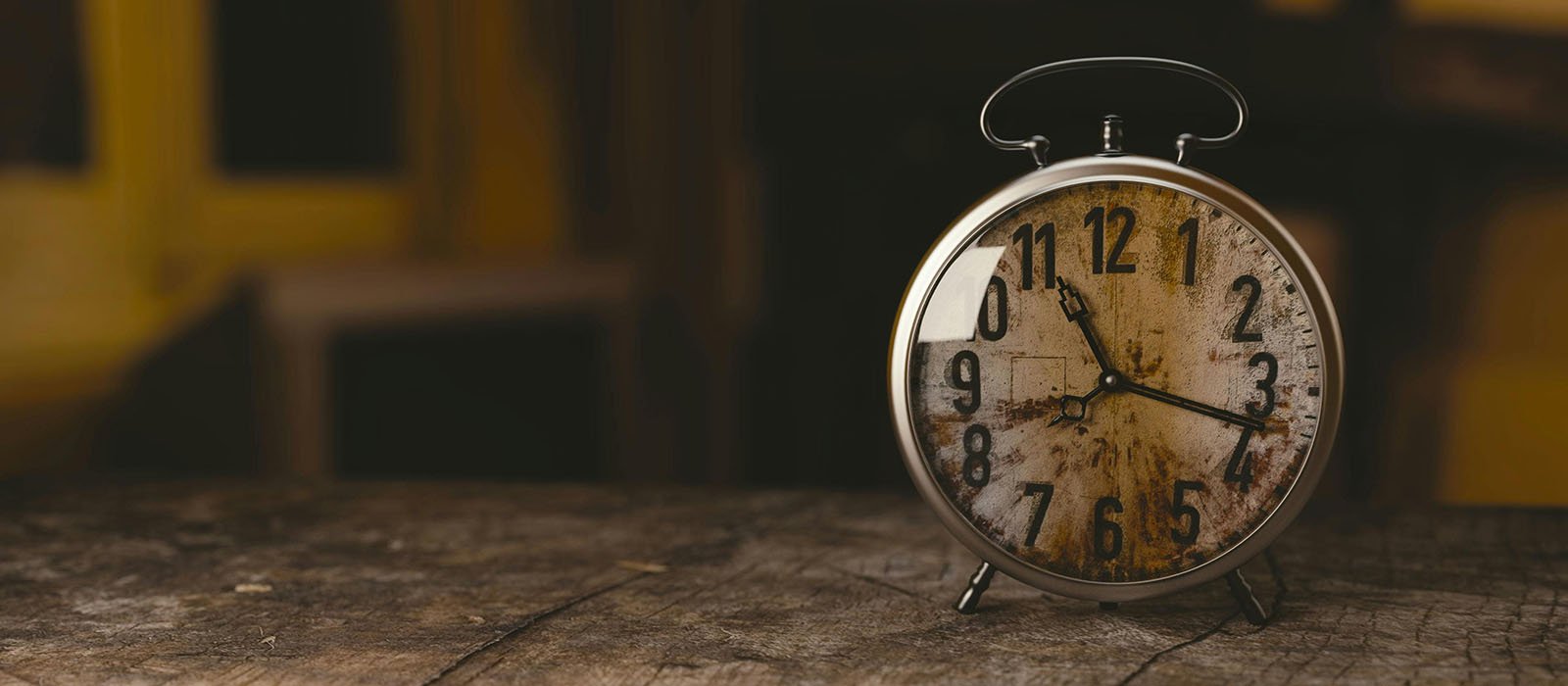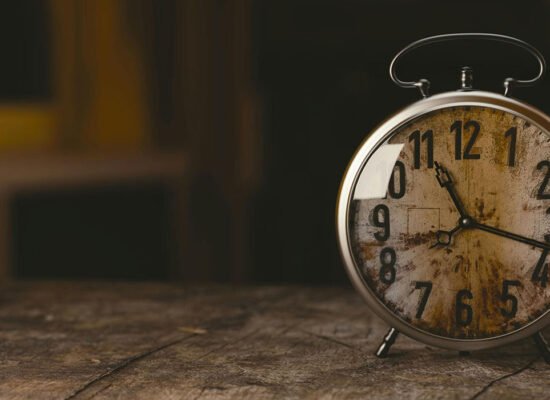Chunks of life
Let’s just dive straight into this one: I just got back from my therapist and we were talking about the few sources of frustration and anger in my life. One is something that I’ll soon go deeper into in a seperate post, the other is something that I think is very familiar to anyone growing older with any mental disability: the anger and frustration of “wasted” time.
Table Of Content
When looking back, I divide my life into several big chunks. There’s my youth, meaning all the time up to middle school. Those years were pretty fun for me. Looking back on them I now definitely see how my parents planted the seeds for some unhealthy behaviour, but I wasn’t actively suffering back then. My parents were together, albeit fighting a lot, I had a brother who I could play with and I had plenty of friends. I enjoyed my life. That’s the good chunk.
The next chunk is my middle school years. This is where the total destruction of my mental health happens. In a period of about five years, incredibly damage is done to my self image, self esteem and the way my brain processes conflict and social interaction. I could go into it deeper, but that’s for another time. This is the shitty chunk. This is from about 12 to 18.
Then comes a chunk of life that is basically just monotonous emptiness. I live, but I don’t. I’m at home with my parents still, trying to start a life by attempting schools and jobs but always giving up way too soon. I don’t push myself out of my comfort zone because my miserable school experience has succesfully drained every bit of energy and trust out of me. I sit at home and I’m actively depressed, sulking in self-pity while listening to sad music. This goes on for a long time.
After this come a few more chunks, but I want to focus on this last one: the sulky depressed one. It starts at 18 and goes to about 25. I’m not miserable for all of it, but I am very discontented with life in general. I should be out having the college experience, making friends, traveling, meeting girls, having sex, exploring what life has to offer.
That which is lost, cannot always be replaced
I consider most of these years lost time, and one of the big issues I keep running into in life and my mental health journey is that there is just no way to replace it. These so called prime years are gone and I wasted them entirely by being miserable. I tend to be mad at myself for this, talking angrily about how I wasted my time and how I should have done better. It’s very much how my mind used to work, but my therapist brought me some good insight today.
It’s not all on me. I did my best back then. I did what life had taught me so well: I avoided and I hid. It worked in middle school so it was a logical conclusion to continue this behaviour into adult life. It’s not my fault entirely. Some of it may be, but I tried my best. I pushed myself into trying three different schools, I had several jobs and I genuinely tried to live a normal life. I just couldn’t back then.
Being mad at myself for this lost time is not going to replace it. It can never be replaced, and accepting that is a very important part of healing. It is very similar to the grieving process and just like grieving a loved one, being angry at the universe for being cruel doens’t help. Denying or ignoring these feelings doesn’t help. The only thing that helps is being present with these feelings, feeling them actively and looking at why they are there.
Small tree, deep roots
Now, when grieving your deceased mother it’s fairly easy to see why you feel mad, sad or bad (usually all three). You probably loved her very much and you miss her. In a situation where you’re grieving a lost life that never really existed, it’s a bit harder. You’re basically grieving over a fantasy life that you wanted to live.
First of all it’s important to realise that this fantasy life that you “missed out on” probably wasn’t going to happen even if you didn’t have AvPD or whatever you’re suffering from. I’m gonna be real damn honest here: my fantasy life is about as realistic as Tolkien’s brand of fantasy. It was never gonna happen even if I was mentally healthy. Life is random and cruel and it sucks for pretty much everyone. In reality, if I were not depressed back then, I probably would’ve gotten a job and maybe I’d be a desk worker somewhere. I’d be more financially secure, but I’m not sure if I’d be happier. I’d just be… Different. It’s very easy to glorify the life you’re not living while demonizing the one you are.
“Sometimes the tree grows a little slower, but the roots go deeper”
That’s a translated quote from an obscure dutch hiphop song that none of you can probably understand. I think about it a lot ever since I heard it. Sure, my tree, meaning what can be seen on the surface, might not be as impressive as some people. But my roots, the part that grounds me in life, are deep. Through my depression and my struggles, I built up a type of strength and resilience that not everybody has. It wasn’t always fun, but it was meaningful. I learned to deal with things others will perhaps never deal with, or they’ll deal with it way later and won’t be prepared. I’m prepared. My roots are strong and my tree can stand a storm.
Forgiveness is tricky
As we talked about these lost years, that maybe aren’t even lost if you look at them through this other lens, my therapist gave me the other insight that I never really thought about. When I feel this anger and frustration over lost time, I focus it all on myself. It is me who should’ve acted differently and thus it’s my fault my youth is gone.
But it’s not, is it? In reality, and that’s where we want to be when looking at these things, it’s not one person’s fault. The kids who bullied me and made me feel inferior for everything I was. They’re at fault. The teachers who ignored me and let me be bullied are at fault. My parents are at fault for being too busy with their own shit to notice I was miserable. I am at fault for not standing up for myself. My few friends are at fault for sometimes ditching me for the more popular kids.
It’s a larger scale than just me. And then my therapist told me another thing. You will feel this frustration and anger until you learn to forgive. You forgive yourself, you forgive your bullies, you forgive your parents and your friends. Now, some of these are easier than others. My parents are forgiven for they themselves were a product of their upbringing. My friends are forgiven because they were teenage shitheads just like me and I fucked them over just the same. The teachers were definitely bad at their job, but they didn’t actively participate in my suffering so I don’t really think about them anymore. They’re not forgiven, but they don’t need to be. They’re irrelevant assholes that are in my past.
That leaves two parties: my bullies and myself. This is where it gets tricky. Can you forgive your childhood bullies? I suppose that depends on the level of bullying you suffered. Mine was rarely physical but the mental part of it was very severe. I was consistently, methodically broken down by several people who played elaborate, cruel games with me over the course of years. It wasn’t just harmless joking, it was more like psychological torture at some points. I spent many sleepless nights just crying over how miserable these people made me, solely for their personal enjoyment and social status. I’m 32 now and I’m still repairing that damage. That’s hard to forgive.
Now, we were kids and that counts for something. I bullied at times, there’s no way around that. I get how group pressure to be liked can fuck with a young kid’s head. But this was way more than that and I’m not sure I can just easily get past the fact that someone spent so much energy and time solely to make me feel bad. It’s a horrible thing to do and at this point, I’m not entirely sure how to deal with that.
That brings us to the last one to be forgiven: me. As my self hatred slowly turns to compassion, I feel like I can soon do just that: forgive me. Forgive me for the lost time, the mistakes, the missed opportunities and even for the people I hurt. Because it wasn’t out of a bad intention. That isn’t always an excuse, but I think it is in this situation. I did the best I could with what I was taught and given throughout life. It wasn’t much, but what else could I do? So with some hesitation, I say:
It’s okay, me. You did well. I forgive you.
The anger
Forgiveness doesn’t make the anger disappear completely. I don’t think that will ever happen. Anger is a normal emotion and trying to eradicate it completely isn’t the goal. But I feel that forgiveness does make it less vicious, less bitter. I want to feel anger and deal with it in a healthy way, and I feel like forgiving myself and the people who hurt me is an important part of that equation.
As for my forgiving my tormentors, I’m gonna be thinking about how I can progress towards that. For now, I think focussing on myself is more important because being mad at myself is way more destructive than being mad at others, especially others that kinda deserve it.
I guess that’s it for now. I kinda like this, diving deeper into therapy sessions afterwards. I might do that more often. Bye now!









[…] This really resonated with me and it was an emotional watch because of how recognizable these five bulletpoints are. From eternally living in the ideation phase (hopping between way too ambitious goalsets constantly), avoiding the reality of your life as you want it to be (only focussing on the positives of ‘success’) to identifying more with who you desire to be than who you actually are. But most of all point four hit home, about an increasing pain and shame for the life not lived. It’s a subject I already touched on before. […]